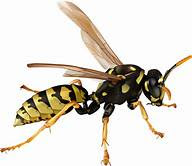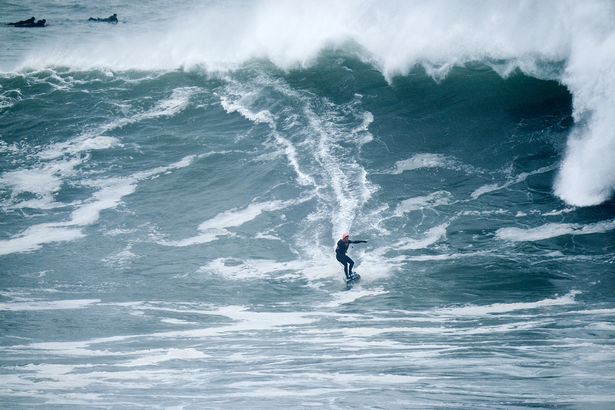Dedh Whetek ha Dogens
De Gwener, pempes warn ügens mis Whevrel
Friday, 25th February
Ma yeyn nowodhow dres oll an bes, e'n Ûcrayn dres ehen. Na vadna vy scrifa adro dhe strîf.
Et y le, otta tabm moy a dhescans.
There is bad news worldwide, in the Ukraine especially. I don't want to write about strife.
Instead, here's a bit more of a lesson.
Building up our Cornish language Part 7a
Cressya emann agan tavas Kernowek Radn 7a
Now that you know that feminine singular nouns can mutate and cause mutation of following adjectives, you need to know which nouns are feminine.
So, how do we know what nouns are feminine?
Obviously female people have feminine nouns.
Here are some masculine (gorow) singular nouns and their
corresponding feminine (benow) singular nouns (real or
fictitious)
Obviously female people have feminine nouns.
Here are some masculine (gorow) singular nouns and their
corresponding feminine (benow) singular nouns (real or
fictitious)
Family teylû
Male: den man, maw boy
Male: den man, maw boy
Female: benyn woman, môs ~ mowes girl
Male: gour husband, sira father, sire,
Male: gour husband, sira father, sire,
tas father, dad
(tasik daddy)
Female: gwreg wife, dama mother, dam,
mabm mother, mum (SWFM mamm),
mabm mother, mum (SWFM mamm),
(mabmik mummy)
Male: mab son, (meppik little boy)
Male: mab son, (meppik little boy)
ownter uncle, noy nephew
Female: mergh daughter,
modrep aunt, noyth niece (SWFM nith)
Grandparents and grandchildren don't appear to follow the
normal rules.
normal rules.
gwydn white is used for grand and is lenited (shows soft mutation) except where the noun ends in -s.
This is because gwydn is treated as part of the noun even
when it is written separately.
(Following adjectives do follow normal rules.)
sira wydn grandfather,
tas gwydn grandfather (-s inhibits mutation)
dama wydn grandmother, (henvam granny)
flogh wydn grandchild (either sex)
mab wydn grandson
mergh wydn granddaughter
This is because gwydn is treated as part of the noun even
when it is written separately.
(Following adjectives do follow normal rules.)
sira wydn grandfather,
tas gwydn grandfather (-s inhibits mutation)
dama wydn grandmother, (henvam granny)
flogh wydn grandchild (either sex)
mab wydn grandson
mergh wydn granddaughter
Here is a feminine ending that can be added to a masculine
equivalent, -es (like English -less) e.g.
maw boy > mowes > môs
descador teacher > descadores
gwarier actor, player > gwariores
pystrier sorcerer > pystriores
cawr giant > cawres
corr dwarf > corres
mester master > mestres
metêrn king > metêrnes
pryns prince > prynses
arlòdh lord > arlòdhes
lew lion > lewes
tiger > tigres
However, not every feminine noun ending in - es has a
masculine equivalent, e.g.
qwilkiores wasp
equivalent, -es (like English -less) e.g.
maw boy > mowes > môs
descador teacher > descadores
gwarier actor, player > gwariores
pystrier sorcerer > pystriores
cawr giant > cawres
corr dwarf > corres
mester master > mestres
metêrn king > metêrnes
pryns prince > prynses
arlòdh lord > arlòdhes
lew lion > lewes
tiger > tigres
However, not every feminine noun ending in - es has a
masculine equivalent, e.g.
qwilkiores wasp






Comments
Post a Comment